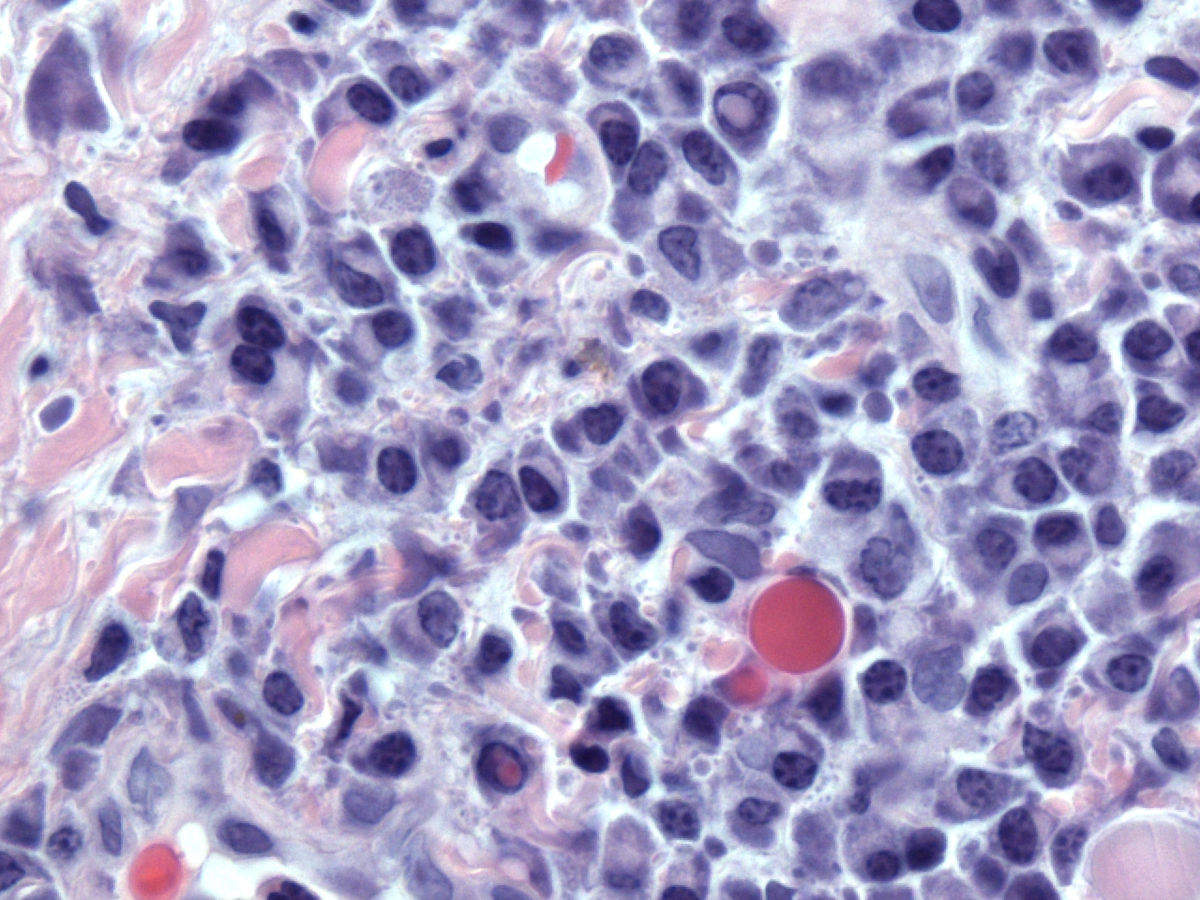On July 11, Takeda announced positive results from the pivotal Phase III TOURMALINE-MM3 study that will be used to support label expansion for Ninlaro into the post-transplant maintenance setting for multiple myeloma. As one of the most lucrative settings in multiple myeloma, the maintenance setting has long been a key sales driver for Celgene’s Revlimid, the current standard of care. Experts interviewed by GlobalData view Ninlaro’s potential to significantly challenge Revlimid in this setting as low. Revlimid’s established history as an effective maintenance treatment that has been shown to improve both progression-free survival and overall survival in this setting, as well as its convenient oral formulation, makes it a difficult drug to beat.
Rather than the maintenance setting, experts believe Ninlaro’s highest potential is in fact in the frontline setting for elderly/unfit patients. Out of the three proteasome inhibitors currently on the market, Ninlaro is viewed as the least clinically efficacious. However, it has differentiated itself from its competitors, Takeda’s Velcade and Amgen’s Kyprolis, via two factors: convenience and tolerability. The oral, once-weekly dosing of Ninlaro allows patients to avoid regular clinic visits, while its good tolerability profile means it can be given to patients who are frail. Both these characteristics are highly desirable in the elderly patient population, where convenience can be a larger influence on treatment decisions than efficacy.
Though Takeda has been studying Ninlaro in combination with Revlimid and dexamethasone in a Phase III study in transplant-ineligible, elderly/unfit patients, no results have been announced despite the primary completion date for the trial of February 2018 having already passed. Takeda did however share early results from a Phase I/II trial studying a more intensive twice-weekly Ninlaro + Revlimid + dexamethasone regimen. The data showed promising overall and complete response rates of 92% and 31%, respectively, but also revealed increased toxicity that could limit use of the intensive regimen to fit patients only. With the lack of available clinical data to support frontline usage of Ninlaro, it is currently unclear when or if the drug can successfully find a niche in the treatment-naïve setting.




